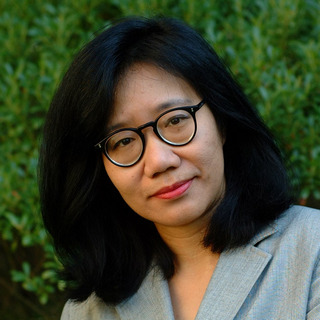
This is the second part of a talk given by Dr. Dorothy Wong, who is a specialist in Chinese Arts and history. The full title of the talk was Buddhist Pilgrim-Monks as Agents of Cultural and Artistic Transmission: The International Buddhist Art Style in East Asia, ca. 645–770, which is also the name of a book the talk was based on.
The talk focuses on three outstanding pilgrims during the 7th and 8th centuries, whose influence changed the styles and orientation of artistic representation in the various cultures they represent, they are Xuan Zang, who brought Indian styles back to China, Doji, who studied in China, and changed presentation in Japan, and Jianzhen, or Ganjin, a Chinese monk who had a great deal of influence in Japan.
The talk outlines the background and cultures in the various countries, and traces the jouneys undertaken by these pilgrims, and then what influence they had on art forms in the countries when they returned. Previously the focus on these monks has had to do with their literary activities, but the talk opens up a new focal area: how they contributed to new styles in temple building, image making, and even financing.
The second half of the talk looks at the Japanese monk Doji, who studied in China, and Jianzhen, or Ganjin, a Chinese monk who was a missionary to Japan, and the internationlisation of Japanese culture following their missions.
if the video does not appear on the page, try reloading the page; and if that doesn’t work, leave a comment so I can update the page (the comment is not published)
to see an album of screenshots click here
